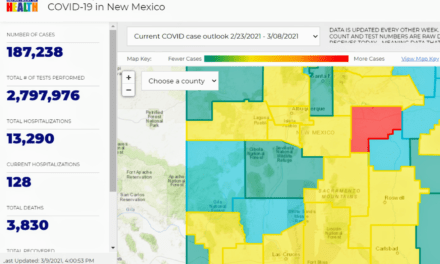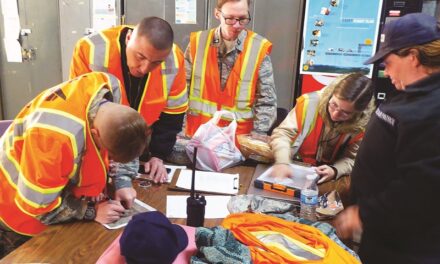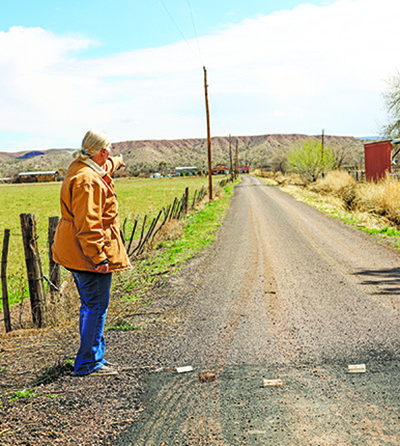
“I just got another call, and I think we have 30 applications for 27 positions, so we have been calling around to see what can be done,” Michael Hawkes said.
As the Socorro County manager, Hawkes oversees the program, but the hands-on work with the teenagers will be done by two coordinators, who still needed to be placed as of last week. Prior coordinators have moved on, and new ones must be trained.
It’s all a bit of a scramble as teenagers need to get their applications reviewed and work permits must be obtained. Some city department heads have sensitive data, and careful choices need to be made.
Things might sound hectic, but Hawkes has been here before, and there’s no need to panic. Just three years ago, Socorro County got involved with the summer program that used to be overseen by public schools.
“It was chaotic because when the decision was made to try counties and municipalities to try to start running programs, it was late in the game,” Hawkes said. “We got the information and were trying to find spots to place young kids. We’re allowed 14 through 18 years of age, and those who are 14-16 need work permits. So that’s a little problematic, but you find ways to work through that. Then finding people who want kids on board.”
All of the jobs are not glitz and glamour, but Hawkes’ goals are to ensure everyone ends up with a good takeaway and a roadmap of what it takes to land a job and be effective in the workplace.
All interns will receive a packet that outlines the program’s expectations. Terms like employability, professionalism, ethics, and critical thinking skills may seem intimidating to young people. Still, the program’s design is geared toward helping them overcome those hurdles.
In the packet’s “securing and maintaining employment” section, the examples include choices between John being often late and always complaining about the work he has to complete and Christi volunteering her time to work on new projects and showing up to work on time every day.
A simple decision for most adults but for teens just entering the workplace, it’s also an eye-opener regarding expectations they may or may not know about and how an employer views their behavior.
“Parts of the program are about leadership and developing professional qualities,” Hawkes said. “The coordinator, along with the site supervisor, who was also called mentors, score them, and as they’re going through, they’re talking about professionalism, effective communication, skill building with them.”
Some expectations may be surprising like when applicants are asked to take a drug test before starting employment.
“In ours (program), you have to submit to a drug test. Some counties are not doing that, but we do that here. It’s all part of the business process where you are going to have that exposure. Not only here, but that’s what a person is going to encounter in the real world.”
Hawkes hopes Socorro County’s program extends beyond just learning critical work skills.
“Hopefully, our coordinators are saying things about using envelopes for the money you save, the money you give, and money you spend,” Hawkes said. “Instilling some life skills and social and interpersonal communication skills.”
The program is also paying more than minimum wage.
“We’re paying $13.25 … we’re hoping they get an idea of what it is to earn,” Hawkes said.
Working at a summer internship is also a way for a young person to network and to be identified as a possible future full-time employee when they graduate.
“If you get early exposure, and you’re identified as a good hand, people get to know you, see your work ethic, your personality, all those characteristics that are valued. I don’t see how it wouldn’t help,” Hawkes said.





















